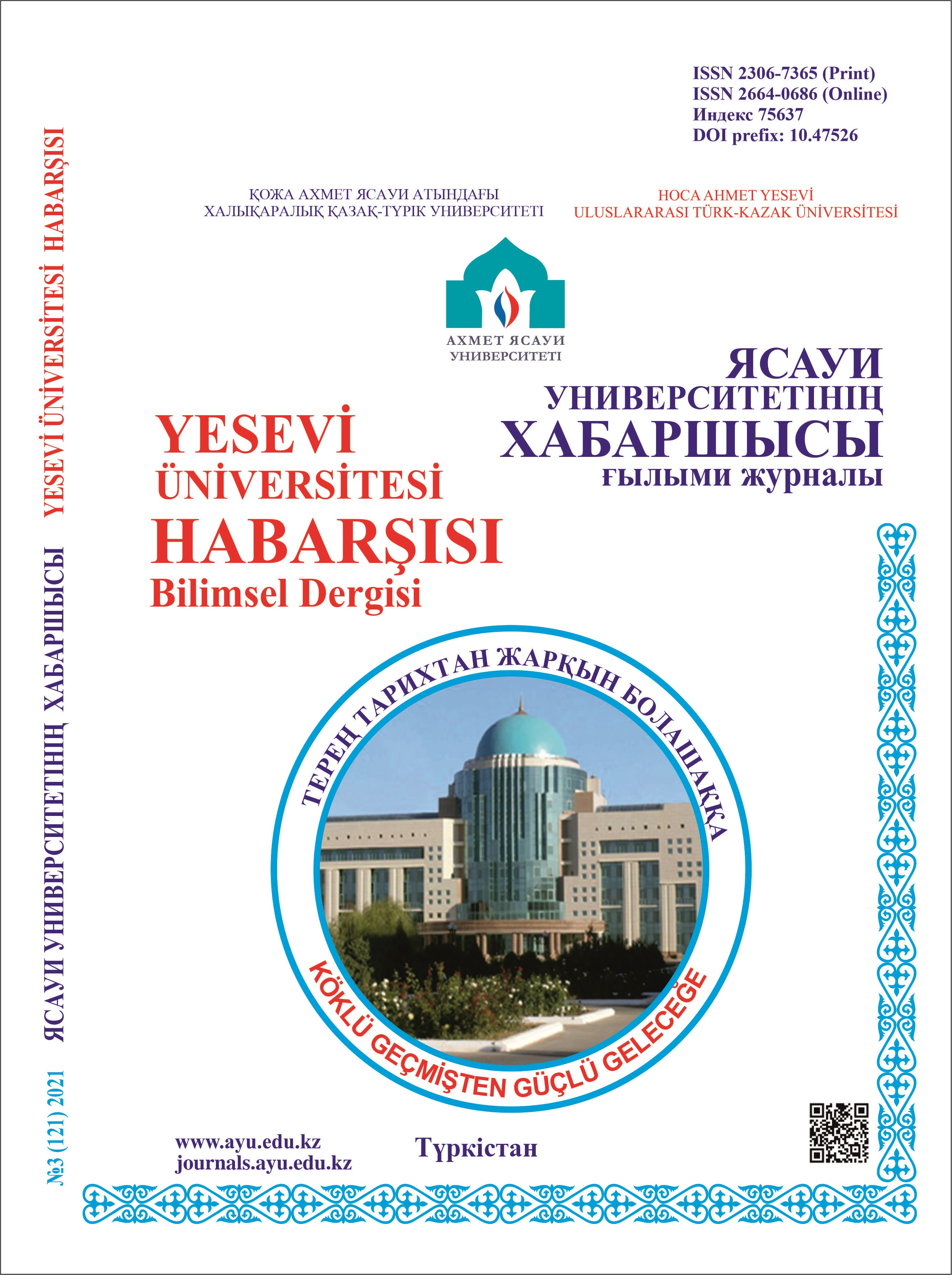Effectiveness of Poster Presentation Method for Vocabulary Enhancement of International Information Technology University Students
Anahtar Kelimeler:
poster-making, teaching, learning, English language, vocabulary, students.Özet
This paper investigates the impact of employing poster-making activities on the
vocabulary proficiency of intermediate-level International Information Technology Students. The
study focuses on a sample of four groups, each comprising 15 students, randomly assigned to either the treatment or control condition. The treatment group engages in structured poster-making exercises centered around IT-related terminology, while the control group receives conventional vocabulary instruction through traditional methods. Pre- and post-assessments, consisting of standardized vocabulary tests, will be administered to all four groups to measure vocabulary acquisition. Statistical analysis will be employed to compare the pre- and post-test scores between the treatment and control groups, while controlling for any initial differences in vocabulary proficiency. This article strictly adheres to a quantitative methodology, focusing on objective measurements of vocabulary gains. The study aims to provide empirical evidence regarding the effectiveness of poster-making activities as a supplementary tool for vocabulary enhancement in the context of Information Technology education. The findings of this study will contribute to the growing body of literature on innovative language learning strategies tailored to specialized fields like information technology. Additionally, the results will offer practical insights for educators and curriculum developers seeking evidence-based approaches to address the unique language learning needs of students in technical disciplines.
Referanslar
Crystal D. English as a global language. – Cambridge University Press, 2013. – 212 p.
Chen Y. The demand for English proficiency in the international labor market: An empirical analysis //
Applied Economics. – 2013. – №45 (1). – P. 69–80.
Hsu L.Y., Chih C.T. From terminology to concept: A corpus-driven study on English for specific
purposes instruction in higher education // English for Specific Purposes. – 2016. – №44. – P. 1–12.
Leithner K., Gruber-Muecke T. Poster presentations as a genre of scientific communication: A
sociorhetorical analysis // International Journal of Business Communication. – 2010. – №47 (4). – P.
–430.
Baglione L. Writing a research paper in political science: A practical guide to inquiry, structure, and
methods. – CQ Press, 2016. – 248 p.
Figueiredo R.S., Morgado E. Multimodal teaching of English language vocabulary through posters //
Procedia-Social and Behavioral Sciences. – 2016. – №217. – P. 342–347.
Kessler G. Digital tasks and the future of language education. In New developments in ESP teaching
and learning research. – Springer. – 2017. – P. 19–34.
Rao S., Monroe M. A study of the use of student generated posters as an assessment tool. In
Proceedings of the Annual Meeting of the Association for Education in Journalism and Mass
Communication. Association for Education in Journalism and Mass Communication. – 2000.
Liu D., Song W. Vocabulary learning in the ESP classroom: An investigation of law students’
vocabulary learning strategies // English for Specific Purposes. – 2019. – №53. – P. 101–112.
Tarutienė J., Gudienė D. The role of posters in students’ autonomous academic reading // Journal of
Language and Literature. – 2016. – №7 (4). – P. 59–65.
Skehan P. A cognitive approach to language learning. – Oxford University Press, 1998. – 324 p.
Brown H.D., Abeywickrama P. Language assessment: Principles and classroom practices. – Pearson
Education, 2010. – 400 p.

